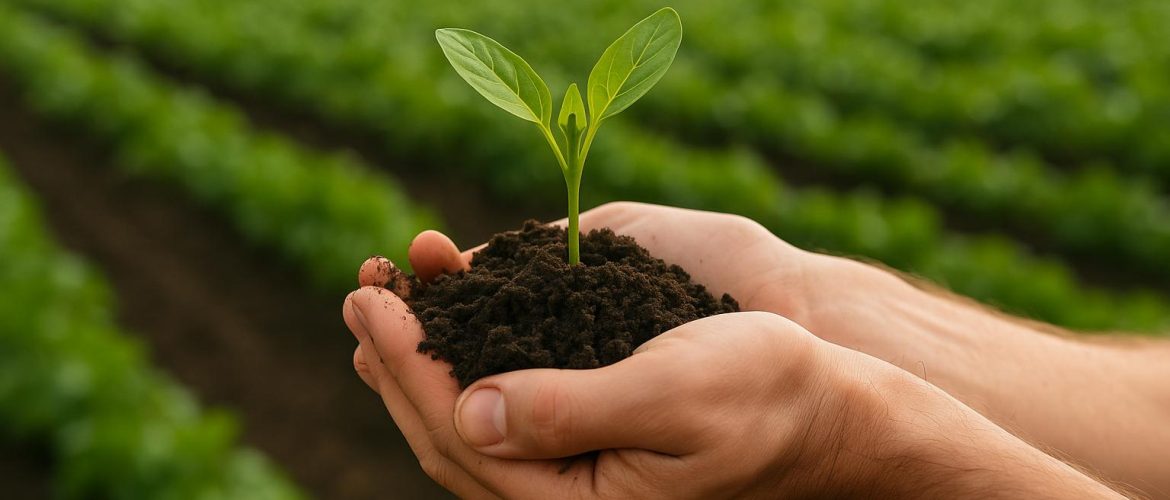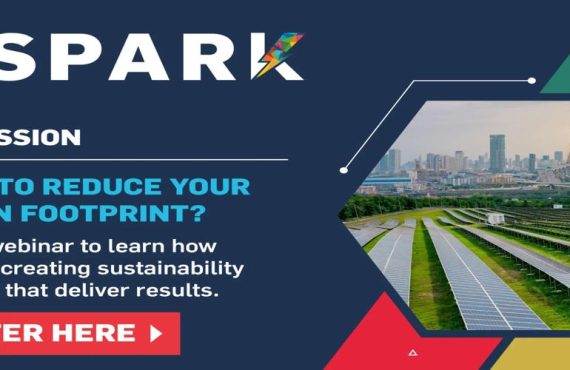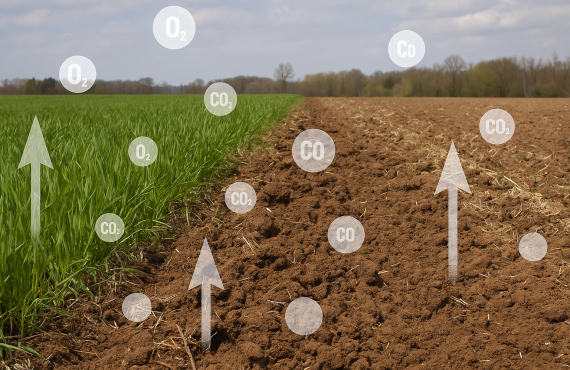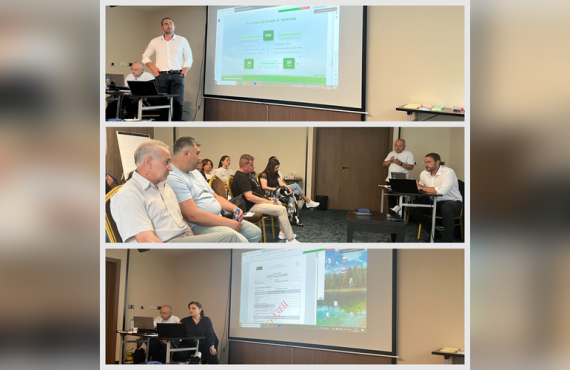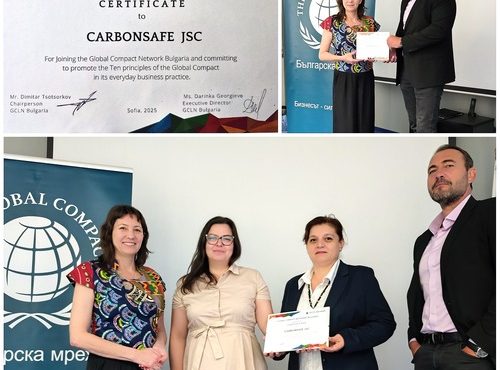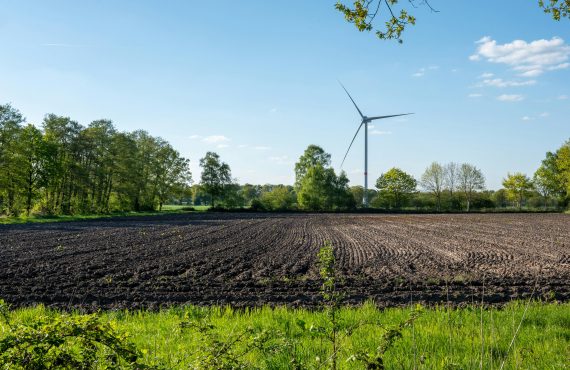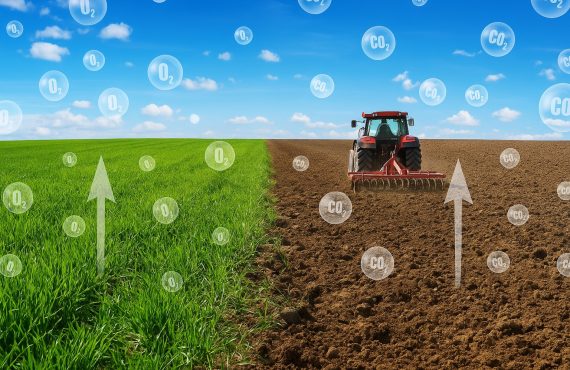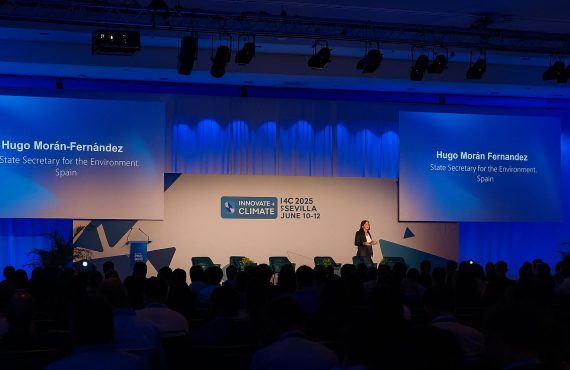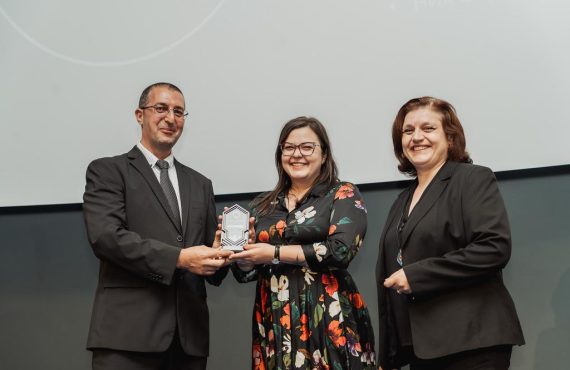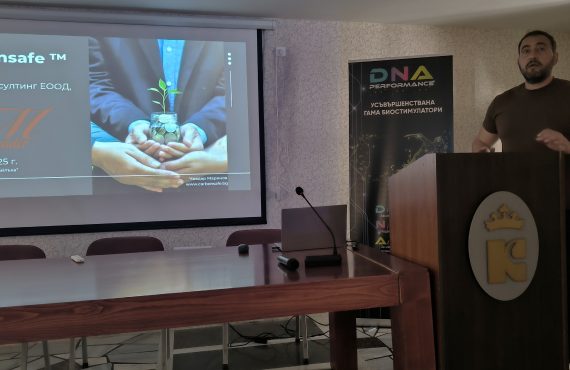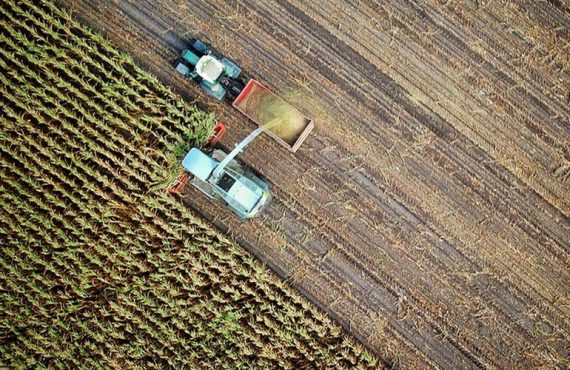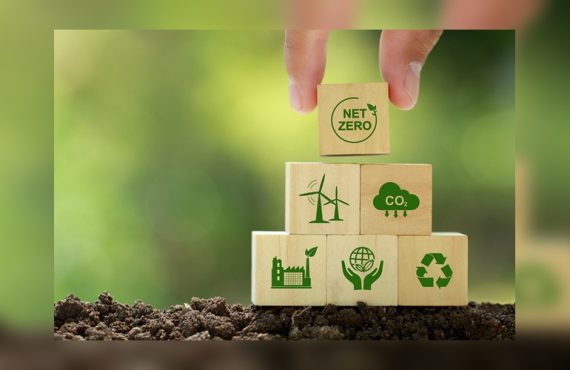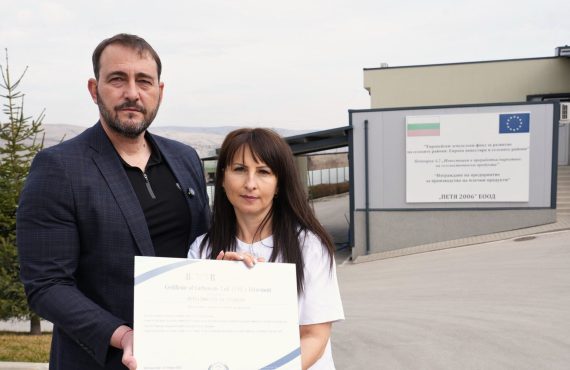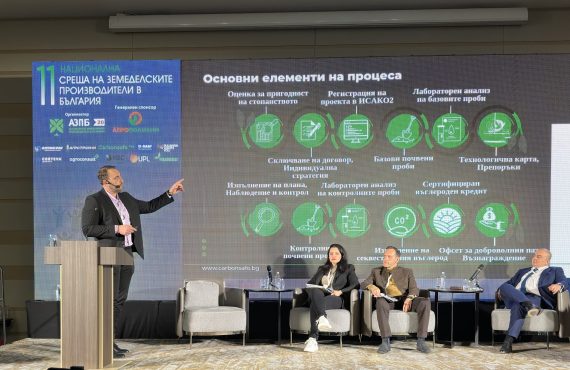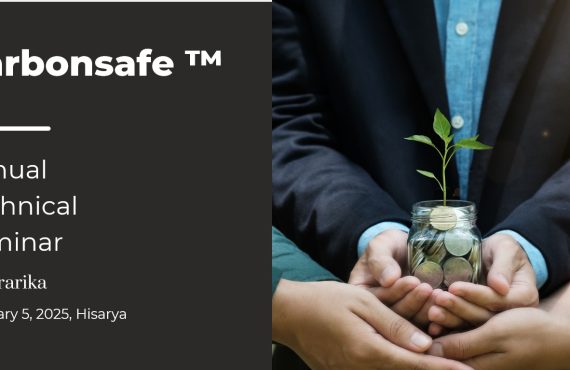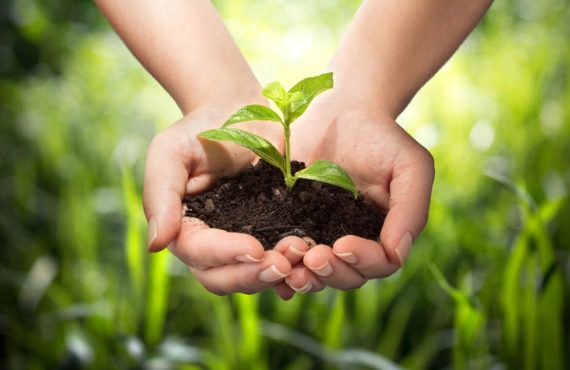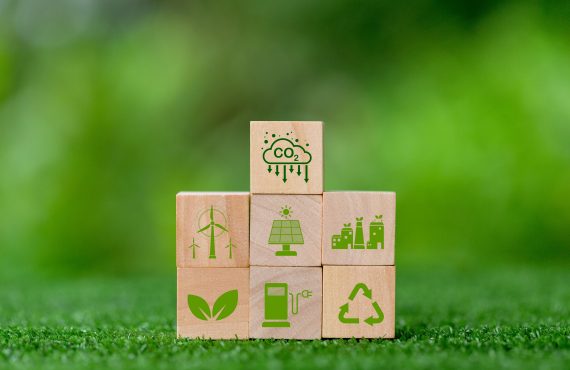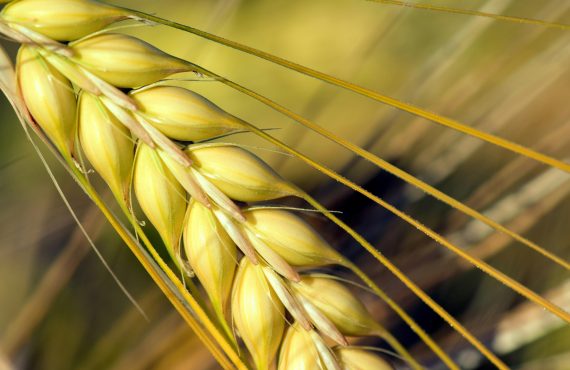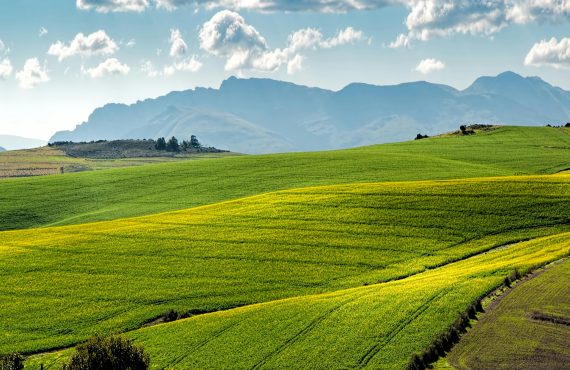Carbon farming is no longer just a scientific term – it is becoming a practical tool for resilience, adaptation, and additional income for farmers. To take full advantage of these opportunities, agricultural holdings need reliable, locally adapted, and easily accessible educational resources.
This article presents key European and national sources, as well as the role of Carbonsafe – the first Bulgarian carbon farming program, which helps farmers move from theory to practice.
Who benefits from these resources?
The educational materials are aimed at farmers – whether they manage crop production or mixed farms – as well as agronomists, consultants, and representatives of agricultural cooperatives. They are also a valuable resource for municipal and state experts working in agroecology, as well as for anyone interested in sustainable agriculture and the opportunities for additional income through carbon credits.
The European framework for carbon farming
In 2024, the European Commission adopted Regulation (EU) 2024/3012 (CRCF), which introduced clear rules for certifying carbon removals. The document defines criteria such as quantity, additionality, permanence, and avoidance of negative impacts. This is the first legislative framework that regulates which practices and results can be certified and traded on the European market.
Official materials on the subject, including in Bulgarian, are available on the European Commission’s page: Carbon Removals and Carbon Farming.
National sources and initiatives
In Bulgaria, several institutions already provide valuable resources for farmers. The Ministry of Agriculture and Food publishes guides related to soil protection and environmental requirements under the CAP (GAEC rules). The National Agricultural Advisory Service (NAAS) organizes training, seminars, and demonstrations and actively participates in international projects such as Soil-X-Change and Climate Farm Demo. The Ministry of Environment and Water also prepares strategic documents in the field of climate policy.
Carbonsafe – the practical partner
Alongside institutional resources, Carbonsafe offers farmers a real opportunity to move from theory to practice. This is the first Bulgarian carbon farming program that combines a scientific approach with hands-on support.
The program includes 100% soil sampling with annual laboratory analyses, the development of individual agronomic recommendations, and the registration of results and credits in the Balkan Carbon Credit Registry (BCCR). In this way, farmers receive not only knowledge but also a real opportunity for additional income through the sale of carbon credits.
Useful resources and guidance
Farmers can rely on various sources of information and practical support – particularly the guidance provided by Carbonsafe’s agronomic team, which presents real case studies from practice. This helps farms take their first steps in carbon farming and see the impact of applying new methods.
Practical recommendations
For a successful start, it is important for farmers to stay informed and follow the latest guidelines from the Ministry of Agriculture, NAAS, and Carbonsafe. A good first step is conducting soil analyses, which provide a baseline understanding of field conditions and the potential for implementing cover crops or reduced tillage.
Carbon farming is a process that requires long-term commitment, which is why planning over at least a five-year period is essential. Participation in training and seminars adds further value, offering opportunities to exchange experiences and observe real results from implemented practices. However, the most reliable way for farmers to receive full support and access to trusted markets is through partnership with Carbonsafe.
Conclusion
Education and access to practical, locally adapted information are key to the successful implementation of carbon farming in Bulgaria. While institutions such as the Ministry of Agriculture and NAAS provide the regulatory and theoretical framework, Carbonsafe transforms it into real results – higher yields, optimized costs, and new income from carbon credits.

